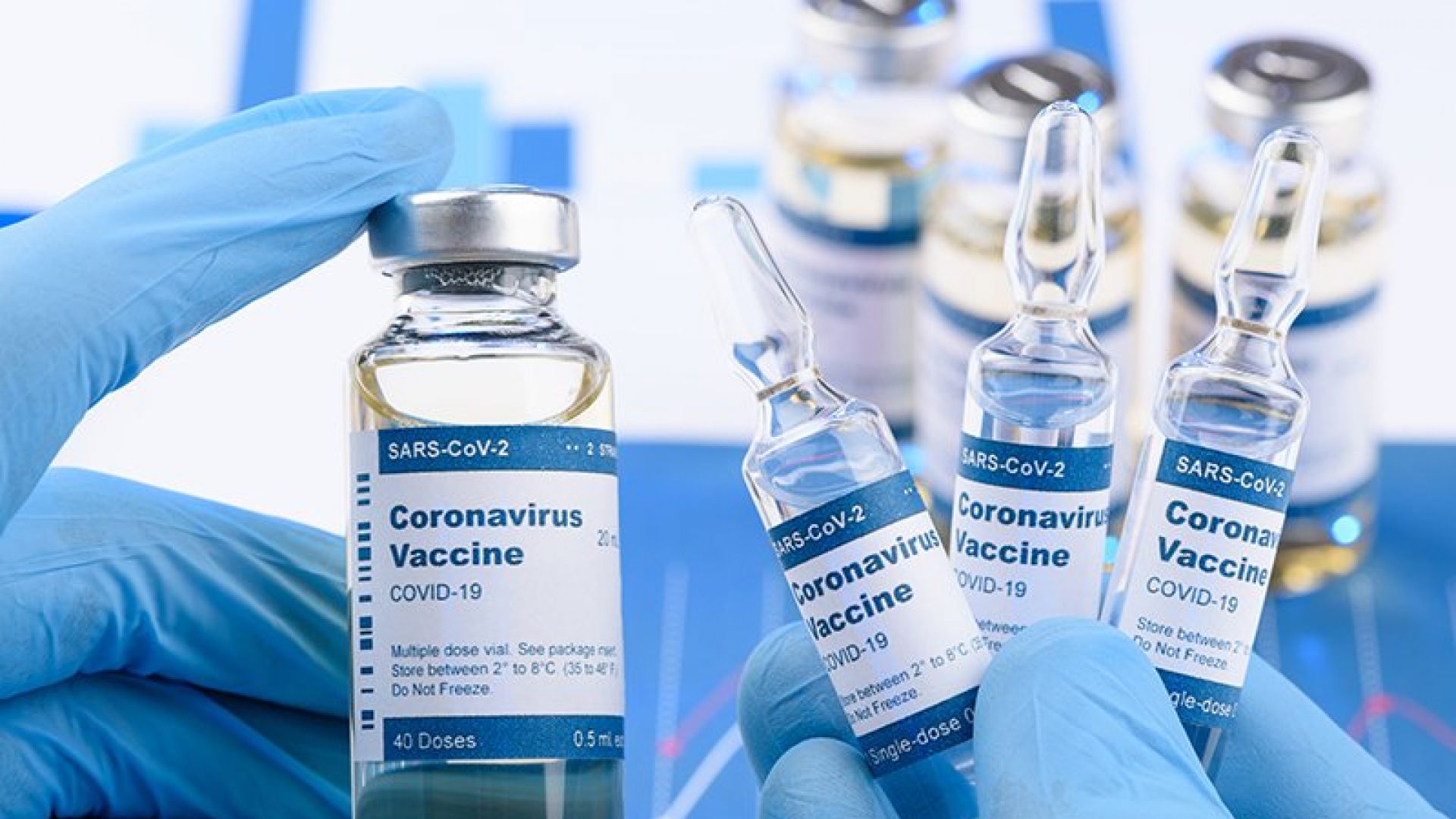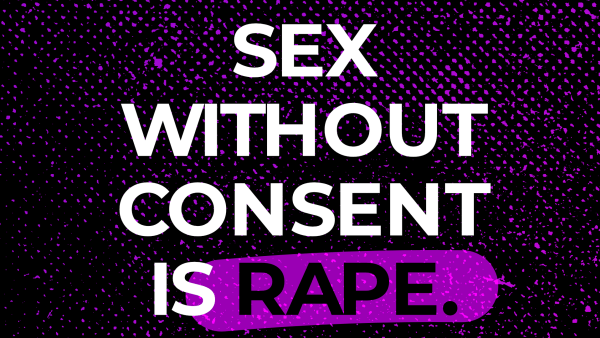The European Parliament, the Council and the Commission today reached an important agreement on new EU Covid certificates to make travel easier in time for summer.
Led by S&D MEP Juan Fernando López Aguilar, negotiators in the European Parliament found a provisional deal on a common EU certificate that will show if a person has been vaccinated against Covid has a negative test result or has recovered from the virus.
The agreement commits EU governments to rolling out the common certificate from the start of July and to easing restrictions for users. The Parliament’s insistence on affordable testing in the negotiations means there will be an additional 100 million euros to fund testing.
The deal will be put to a vote in the civil liberties, justice and home affairs committee on Wednesday 25 May, with a view to a plenary vote in June.
Juan Fernando López Aguilar, the European Parliament’s negotiator on the certificates, said:
“Today we reached an important deal on EU Covid certificates that will make it easier for citizens to travel in the EU. After a year of patchwork responses from national governments, the Schengen area and free movement have suffered like never before and this is the chance to restore the EU’s greatest asset. We welcome national governments’ commitment to see free movement fully restored through the new EU-wide certificates.
“With the vaccine strategy and the recovery plan, the EU has already faced the Covid-19 pandemic with coordinated and European solutions. We went into these negotiations in that same spirit. Negotiations were not easy but we made every effort to deliver an urgent agreement in time for the summer season. Throughout the talks with the Council and the Commission, we constantly relayed the serious concerns that we listen to every single day from the people we represent: inconsistent restrictions across member states make travel complicated, while the cost for PCR tests makes travel very costly for many. The knock-on effect of restricted travel has been devastating for many people’s livelihoods. It is clear there will be no recovery without free movement.
“After four rounds of negotiations, it was paramount for the EU to find an agreement today. While we wanted to see more commitment from member states on the cost of tests, as well as a more coordinated approach to ending restrictions for users, the certificates are a crucial starting point in the EU making the vital return to free travel for everyone. The commitments for an extra 100 million euros to finance testing will also be a huge help to many people feeling the pinch in the face of the pandemic.”
Birgit Sippel, S&D spokesperson on justice and home affairs, said:
“After intense and difficult negotiations, the EU institutions have swiftly found a compromise for the Covid-19 certificates. Parliament has vehemently called on the member states to finally coordinate travel restrictions among themselves and put an end to the current patchwork.
“I am therefore pleased that Parliament was able to get its way on important points and that the certificates will have real added value. For certificate holders, the member states undertake to refrain from travel restrictions, such as testing or quarantine, if the epidemiological situation permits.
“In addition, we were able to achieve significant improvements in data protection, data minimisation and access to the certificates in the negotiations and introduce an expiry clause after 12 months. This means that an extension of the certificates would only be possible with extensive public debate and through our work the co-legislators.
“For the certificates, EMA-approved vaccines are accepted by all member states. Vaccination certificates of vaccines that do not yet have EMA approval can be issued and accepted by member states on a purely voluntary basis.
“Unfortunately, however, the reimbursement of Covid-19 testing has been rigorously blocked by member states but the Commission will provide at least an additional 100 million euros to offer rapid tests at favourable conditions.
“With the certificates, the legal framework is now in place to gradually facilitate freedom to travel again in time for the summer. Now it is up to the member states to make use of these conditions.”










